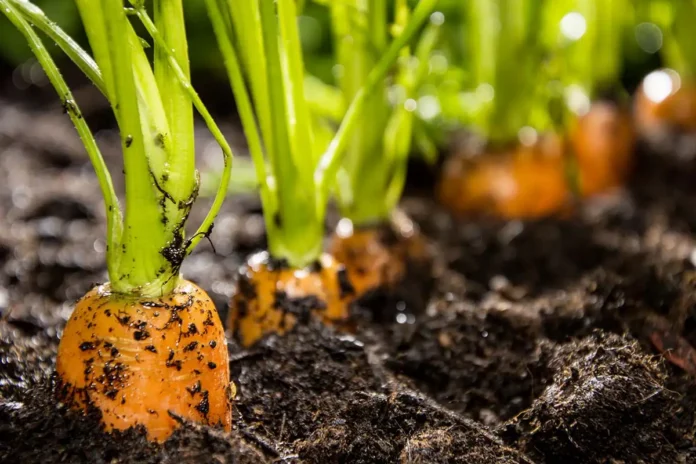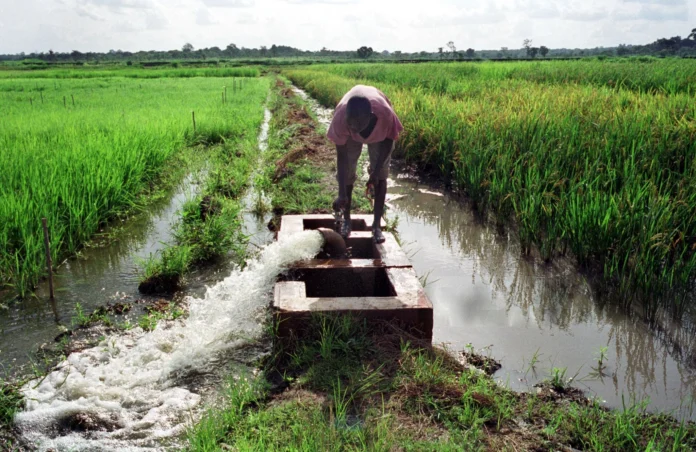Arabfields, Nghệ An, Vietnam — On Saturday morning, the Nghệ An University of Economics hosted a major national scientific conference dedicated to shaping the future of the province’s western communes through green agriculture and sustainable agritourism. Organized in partnership with the provincial Department of Agriculture and Rural Development, the event drew more than 150 researchers, provincial leaders, local officials and business representatives from across Vietnam.
In his opening remarks, the conference chair stressed the urgency of acting now to harness the region’s remarkable assets. As Vietnam accelerates its green and digital transitions in the agricultural sector, western Nghệ An stands out with a combination of natural, cultural and agricultural strengths that, if strategically aligned, could turn the area into a national model of integrated rural development. Despite challenges ranging from limited infrastructure to a shortage of skilled labor and difficulties accessing markets, the potential, participants agreed, remains vast.
Experts highlighted three fundamental pillars that give the region a distinctive identity. The first is the extraordinary ecosystem of Pù Mát National Park, one of Southeast Asia’s last remaining lowland primary forests and a sanctuary of exceptional biodiversity. The second is the intangible cultural heritage of the Thai, Thổ, Khơ Mú and H’Mông communities, whose festivals, traditional knowledge, stilt-house architecture, crafts and cuisine form a living cultural landscape. The third lies in the region’s signature agricultural products, including high-altitude Vinh oranges, Shan tuyết tea, mountain cinnamon, wild honey and native medicinal plants, items already well known in domestic markets. Bringing nature, culture and local products together in a single value chain, one researcher argued, could multiply local added value many times over.
Much of the discussion focused on transforming the current system of small, fragmented household farms into a more modern, cooperative and integrated rural economy. Scientists and development experts urged the rapid expansion of new-generation cooperatives, green supply chains and experiential tourism offerings. Visitors, they suggested, should be able to pick oranges with farmers, take part in traditional honey harvesting in the forest, join guided botanical hikes, stay in stilt houses and enjoy meals prepared with ultra-local, zero-kilometer ingredients.
Digital transformation was presented as an indispensable tool in this transition. Blockchain-based traceability for agricultural goods, e-commerce platforms, interactive tourist maps and smart visitor-flow management systems were cited as essential components of a modern, resilient rural economy. Many speakers pointed to the success of the OCOP program in other provinces and proposed an even more ambitious concept, “experiential OCOP” products in which tourists participate directly in the production processes rather than purchasing finished goods alone.
Climate resilience emerged as another central theme. Western Nghệ An is already experiencing longer droughts, heavier rainfall and worsening soil erosion. Experts called for the widespread adoption of low-carbon agricultural models grounded in circular farming practices, forest restoration and mixed planting systems that combine fruit trees, high-value timber species and understory crops. Several speakers advocated agroforestry models linked to community-based ecotourism, noting that each restored hectare of forest can serve simultaneously as a carbon sink, a source of non-timber forest income and an ecotourism destination.
A strong consensus formed around the idea that local communities must be at the heart of any transformation. Without genuine participation and shared benefits, no model, however well designed, will be sustainable. Participants therefore recommended large-scale training programs in tourism services, hospitality management, product processing and digital marketing. They also encouraged the creation of community investment funds and insisted on the strict preservation of cultural values. As a representative of the Thai Women’s Association in Con Cuông put it, “Visitors don’t come for a staged performance, they come for authenticity. If we lose that, we lose everything.”
By the end of the conference, experts had outlined a comprehensive set of coordinated solutions. These include revising policy mechanisms to strengthen both vertical links between producers, processors and distributors, and horizontal ties between agriculture and tourism, mobilizing diversified investment sources such as public–private partnerships, green funds and community crowdfunding, accelerating the development of high-value, five-star OCOP products integrated with tourist experiences, and creating an intelligent tourism application for western Nghệ An featuring augmented-reality cultural sites and digital product traceability. A permanent tripartite committee bringing together scientists, enterprises and local authorities should, they proposed, oversee implementation and adjustments.
The organizing committee pledged to compile all recommendations and submit them promptly to the provincial People’s Committee and relevant ministries, which will translate them into tailored action plans and pilot projects for each district, including Kỳ Sơn, Tương Dương, Con Cuông and Quế Phong.
If enacted in full, the proposed roadmap could transform western Nghệ An within five to ten years into one of Vietnam’s leading examples of how economic growth, cultural preservation and climate mitigation can coexist in a mountainous, multiethnic region. The model, participants hope, may ultimately extend far beyond the province’s borders.












